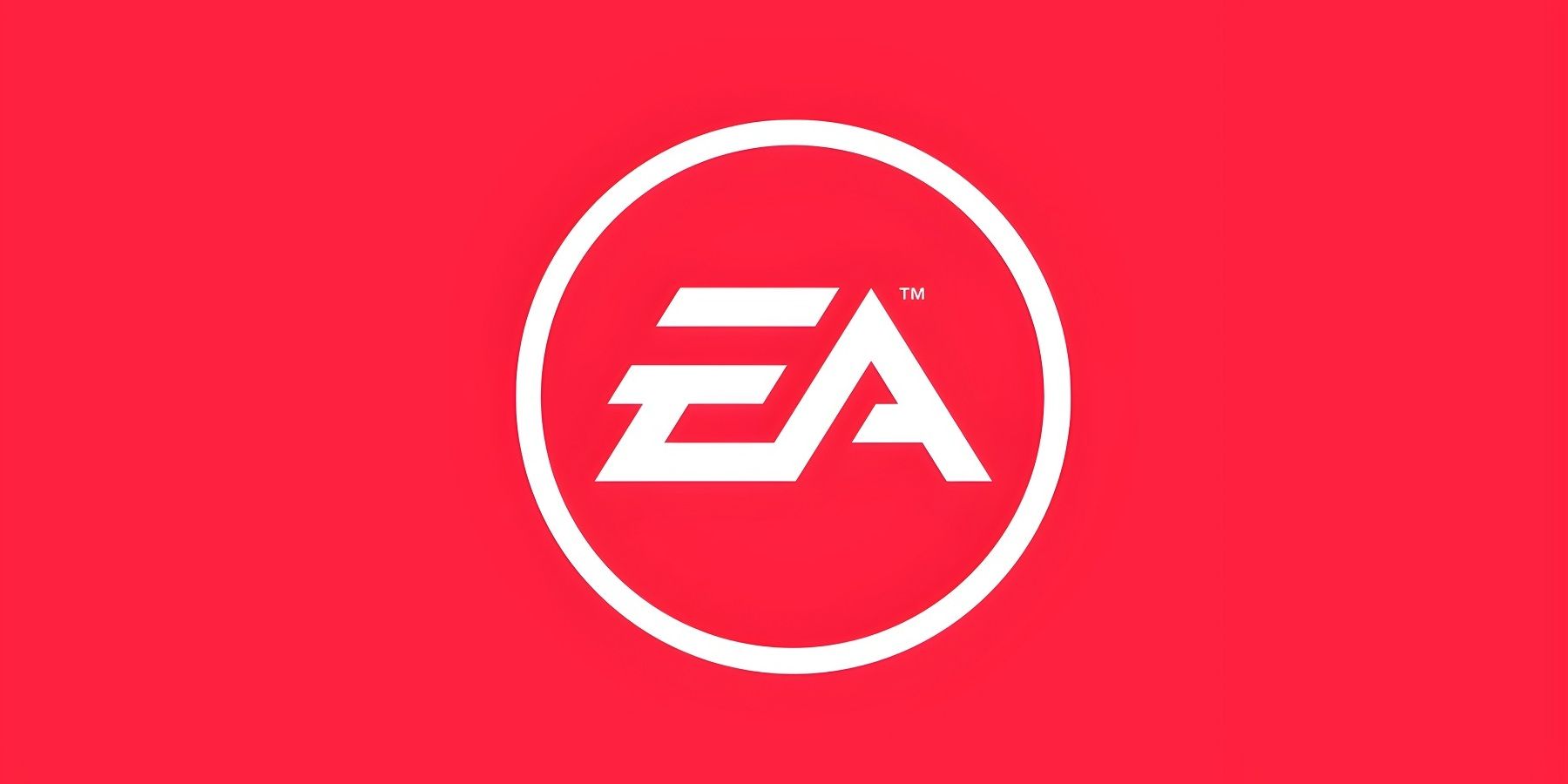While text-to-speech might not be a huge aspect of the modern gaming industry, its importance cannot be overstated in certain cases. Blind or otherwise visually impaired gamers can enjoy titles that feature this system to some extent, and Electronic Arts is now seemingly looking at figuring out a way to make text-to-speech better than ever before.
Electronic Arts' latest patent listing specifically references a system that would be used in video games in order to generate natural-sounding and expressive audio from a written body of text. According to the listing in question, EA is hoping to use a special machine learning synthesizer to encode otherwise inexpressive writing with reasonably realistic audio that could then be used to voice video game characters.
Seemingly an evolution of Electronic Arts' previous text-to-speech patent, the company's latest endeavor suggests putting dedicated AI models in charge of generating proper, expressive voice-over for video game characters. The goal, it seems, is to finally get rid of unrealistic, artificial text-to-speech outputs that are the current baseline in the industry, and replace them with something that's significantly more natural-sounding to the human ear. If successfully brought to light, this patent could lead to substantial improvements to particularly text-heavy games, as well as serving as a powerful accessibility tool for visually impaired users.
It is, of course, highly unlikely that any of EA's upcoming game reveals in July would feature anything of the sort. The very existence of this patent merely implies that the company is looking at ways to improve its internal text-to-speech functionality. Though it's entirely possible that EA has got a working prototype of the system already, it's still exceedingly likely that the first practical results of this patent listing won't be dropping for another couple of years.
As noteworthy as the potential existence of a proper, expressive text-to-speech might be, it's still worth pointing out that it would be limited to games published by Electronic Arts in the first place, which would likely limit the actual number of its implementations, even after the patent comes to fruition. On top of that, EA's recent Twitter fiasco showed that the company is far from perfect, and every bit as prone to mishandling its assets as any other game publisher.
It wasn't long ago that EA submitted a cloth rendering patent that would - by the looks of it - be used primarily in sports games and the like. There, too, the publisher posited the use of a dedicated machine-learning algorithm to render realistic stretching and crumpling of cloth, so it seems that EA is looking at ways to leverage the contemporary AI technology for video game features that may have otherwise been overlooked in the past.


.jpg)